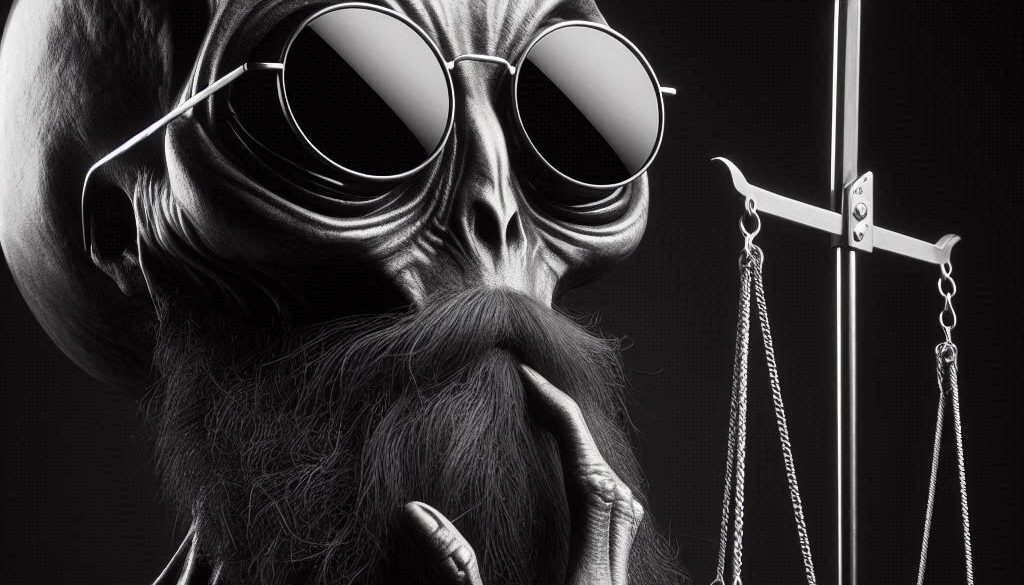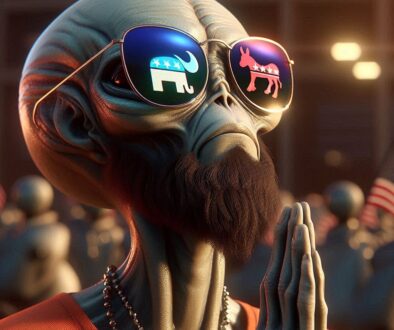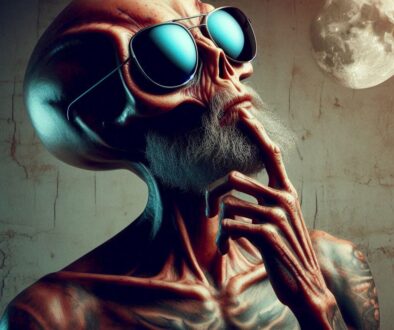The Evolution of Human Morality:Fight between Good & Evil
Hello Humans,
Recently, my attention has been captivated by the intricate evolution of human morality on Earth. This multifaceted phenomenon has developed over millennia, shaped by the interplay of biology, culture, philosophy, and society. In this week’s blog post, I will offer a thoughtful and objective analysis of this evolution, illuminating pivotal milestones and the key forces that have driven it.
Let me first begin with your current definition of morality. Morality refers to the principles, rules, and values that individuals and societies use to distinguish between right and wrong, good and bad behavior. It encompasses the beliefs and practices that guide how people ought to act in various situations, promoting behaviors that are considered beneficial, just, or virtuous, while discouraging actions that are harmful, unjust, or immoral.
Morality is frequently shaped by cultural, religious, philosophical, and personal influences, resulting in diverse moral codes and ethical systems across societies. Lately, it has been impossible for me to observe the human experience without being preoccupied with thoughts of morality, whether in the context of ongoing wars and their related protests or the incessant disputes within governments over various issues. It has become apparent that the concept of morality holds different meanings for different groups.
Cultural and Social Evolution
The origins of morality are deeply rooted in human evolution. Early humans, like other social animals, relied on cooperation and group cohesion for survival. Empathy and altruism, traits seen in non-human primates, were essential for group living. As human societies became more complex, morality evolved beyond basic biological imperatives. Early human groups developed distinct moral codes adapted to their environments and social contexts. These codes were culturally transmitted, shaping behaviors and social norms over generations.
As time progressed, religion played an important role in the further development of human morality. It significantly influenced human ethical behavior by establishing early moral codes, fostering social cohesion, and providing a compelling moral authority and motivation through the belief in divine commandments and the promise of rewards or punishments. Religion has played a key role in educating communities on ethical behavior, offering moral guidance on complex issues, and advocating for social justice. Religious teachings have also adapted over time to address evolving societal values, often integrating with secular ethical systems to shape a broader moral discourse. This multifaceted role underscores religion’s enduring impact on shaping human ethical behavior and societal norms. However, you cannot ignore the more then one example where religion has not been on the right side of history when it comes to certain morality issues, therefore the question arises whether religion is still needed to maintain morality in society. While religion can provide a robust moral framework for many individuals, it is not strictly necessary for maintaining morality. Secular moral systems can also effectively guide ethical behavior and promote social cohesion, but the question remains whether it can do so on its own. This remains a complex and nuance subject that would require much more investigation.
Contemporary Challenges and Future Directions
Today, the evolution of morality faces unprecedented challenges. Globalization and multiculturalism bring diverse moral traditions into closer contact than ever before, necessitating a more pluralistic approach to ethics. As modern societies become more interconnected, they increasingly recognize the coexistence of multiple moral perspectives, where individuals from different cultural backgrounds, religious beliefs, and philosophical traditions bring varying understandings of what constitutes right and wrong.
This diversity enriches moral discourse, fostering a dynamic exchange of ideas and broadening the scope of ethical considerations. However, it also complicates the establishment of universal moral norms, as the differences in moral outlooks can lead to conflicts and misunderstandings. The challenge lies in finding common ground while respecting the rich tapestry of moral traditions that contribute to your global society. This raises the question of whether a truly multicultural society can thrive and coexist harmoniously. I believe it can, but only if you embrace the battle of ideas with openness and a commitment to mutual respect and understanding. By fostering an environment where dialogue and empathy are prioritized, you can navigate your differences and build a more cohesive and inclusive moral framework.
Conclusion
From my out worldly perspective, the evolution of human morality is a testament to human adaptability and dynamism. Initially rooted in biology, morality has evolved through cultural transmission, philosophical inquiry, and social contracts. Today, humans navigate a pluralistic and technologically advanced world, where moral systems continually adapt to new realities.
The ongoing evolution of morality reflects humanity’s quest to understand and navigate the complexities of social existence, striving for a more just and compassionate world. While you as individuals explore your own morality, I urge you to separate yourself from any preconceived notions in order to fully establish what is moral and how you can change your own views for the greater good of your society. As an observer from beyond, I commend the resilience and ingenuity of human societies in their moral journey, a journey that continues to unfold in fascinating and unpredictable ways.
Peace and Love my friends,
P.a.L.



